Sustainability has become a “buzzword” of late, particularly in the hospitality industry where it’s becoming crucial in the effort to create a greener future. In this article we will examine five sustainable methods that restaurants can use to reduce their impact on the environment.
From sourcing local and organic ingredients to implementing energy-efficient measures, these practices not only benefit the planet but also contribute to the success and reputation of the restaurant. So let’s explore sustainability and see how eateries may contribute to a better future.
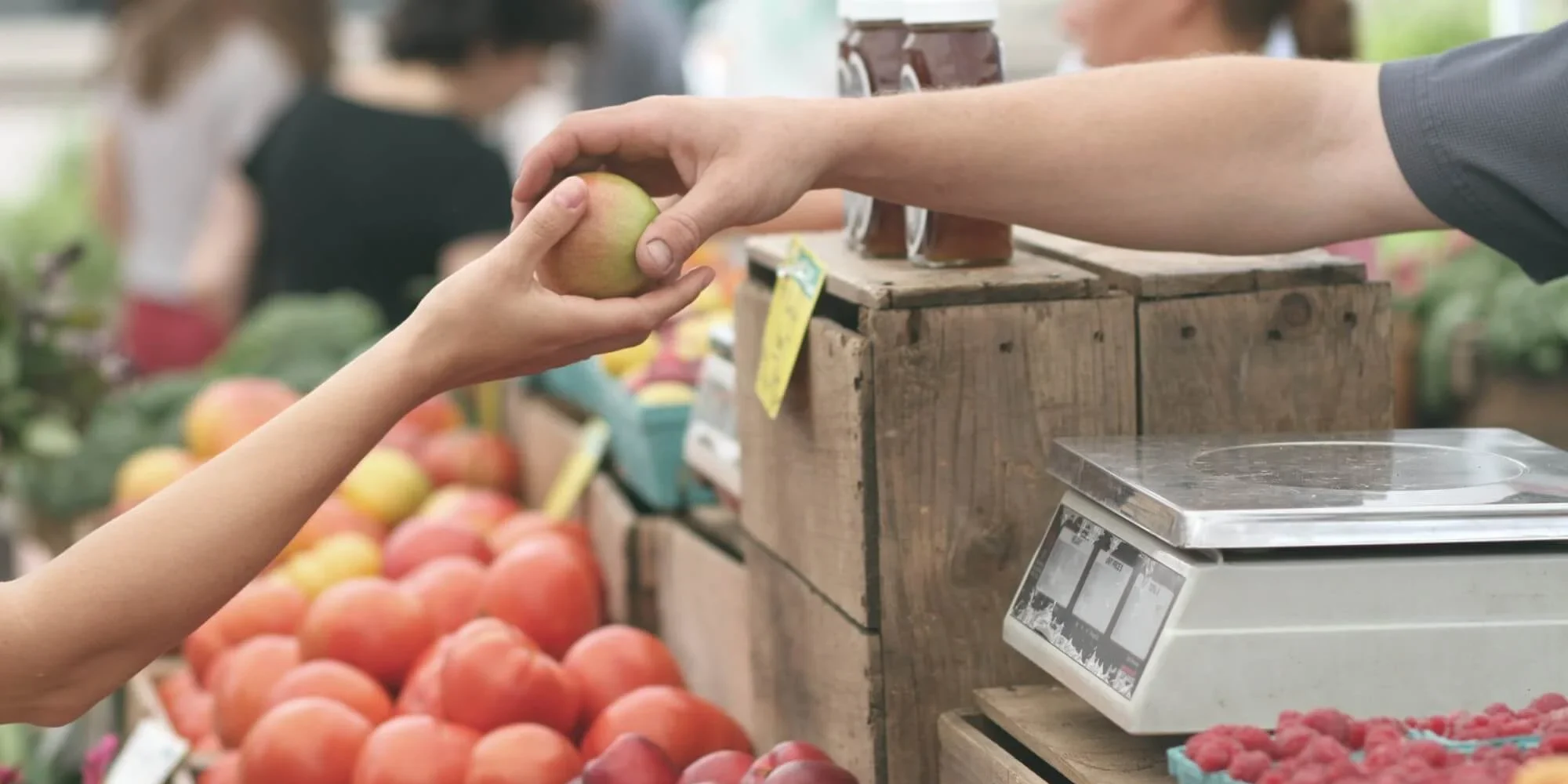
Choosing local and organic ingredients is one of the most effective methods for restaurants to embrace sustainability. This practice has the following advantages:
Reduced Carbon Footprint: By utilising local suppliers, restaurants can cut down on the carbon emissions brought on by long-distance travel.
Support for Local Economy: Purchasing from nearby farmers and vendors benefits the neighbourhood economy and fosters the development of a close-knit community.
Fresher and Healthier Ingredients: Locally obtained ingredients are frequently fresher and preserve more nutrients resulting in higher quality and healthier dishes.

Implementing measures to reduce food waste can benefit the environment and the economy:
Menu planning: Careful menu planning ensures that ingredients are utilised effectively while assisting in the reduction of overordering.
Portion control: Teaching employees portion management strategies can help reduce unnecessary food waste.
Donations and composting: By collaborating with neighbourhood food banks or composting initiatives, food waste can be kept out of landfills.

Restaurants can drastically lower their energy consumption through a variety of energy-efficient strategies, including:
LED lighting: Using energy-saving LED bulbs instead of conventional lighting can save a lot of energy.
Energy-efficient appliances: Buying appliances and kitchenware that use less energy can reduce electricity usage.
Smart HVAC Systems: Choose smart HVAC (heating, ventilation, and air conditioning) systems that can optimise energy usage based on occupancy levels.
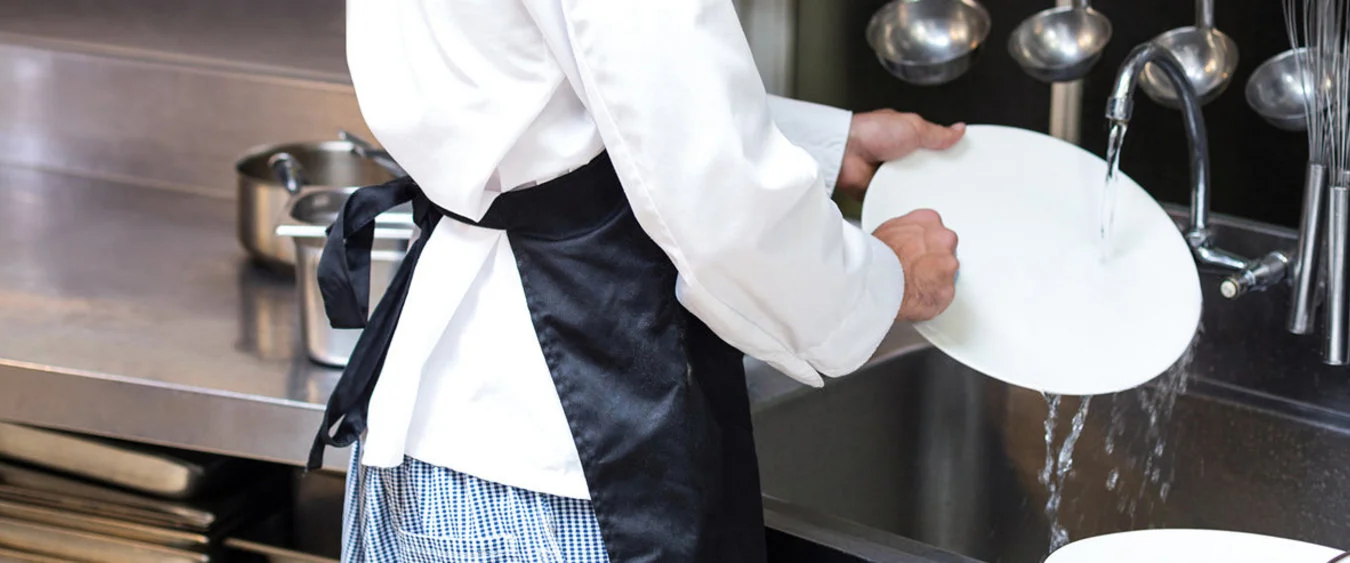
Maintaining sustainability requires water conservation. Restaurants can do the following to reduce their water usage:
Effective Dishwashing: Water usage during dishwashing can be considerably decreased by using high-efficiency dishwashers.
Faucet Aerators: Installing faucet aerators allows you to lower water flow while keeping enough water pressure.
Leak Detection: Regular plumbing system inspections and fast leak repairs help reduce water waste.
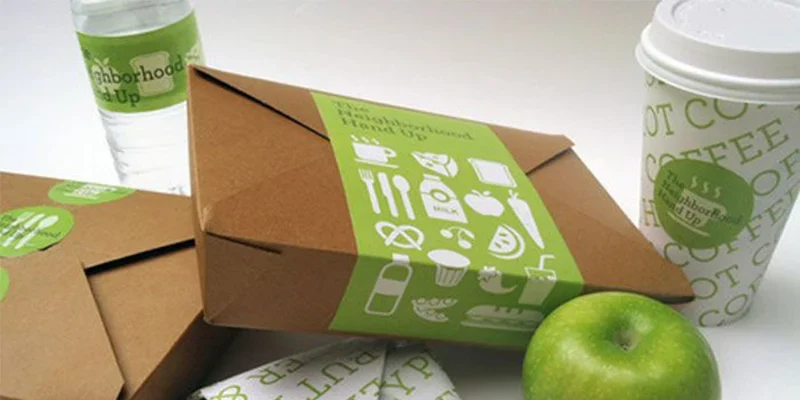
Making the switch to eco-friendly packaging can significantly reduce waste:
Biodegradable Materials: Instead of using single-use plastic packaging, choose packaging made of biodegradable or compostable materials.
Recycling Programs: Introduce recycling initiatives at the restaurant to promote proper package disposal.
Customer Education: Inform customers about the restaurant’s dedication to eco-friendly packaging, and urge them to help with recycling initiatives.
Implementing a restaurant booking system can also be very beneficial in the pursuit of sustainability. Through reservations one can forecast client demands, food consumption, electricity usage and water usage. Reservation systems offer useful information and insights that can guide the development of environmentally friendly practices, such as improving staff scheduling and restructuring the menu.
Restaurants can have a good impact on the environment by adopting sustainability policies, which will also help them build their brand and draw in more environmentally aware customers. Every action made in the direction of sustainability helps to create a more environmentally friendly future for the sector, whether it is purchasing regional and organic materials, cutting down on food waste, or putting energy-saving practices in place.
The overall eating experience can be improved and resource utilisation can be further optimised by using a restaurant reservation management system. Let’s work together to make sustainability a top priority in the restaurant sector.
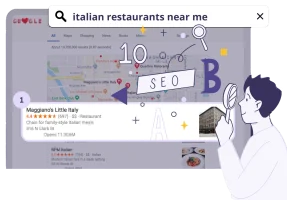
Unlock the tips that will help you stand out from the crowd and get more bookings!
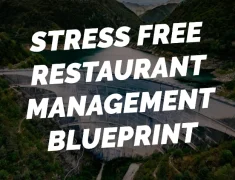
Learn how to save time, reduce stress and fill your restaurant while you sleep!

Gen-Z marketing coordinator bringing fresh energy to web and graphic design, with a weekend habit of chasing adventure.

Gen-Z marketing coordinator bringing fresh energy to web and graphic design, with a weekend habit of chasing adventure.










Call us
Malta: +356 2033 0096
UK: +44 845 154 3698
USA: +1 (415) 231 3696
Spain: (900) 645443 (Free)
Argentina: +541151990515
Italy: (800) 769470 (Free)
Lithuania: +370 (6) 4721122
Poland: +48732083322
Resources
Call us
Connect with us
About us
Resources